Feature
 Through its civic engagement and pastries such as ube doughnuts and spam musubi croissant, Rose Ave Bakery tries to empower its community.
Through its civic engagement and pastries such as ube doughnuts and spam musubi croissant, Rose Ave Bakery tries to empower its community.
Published August 9, 2024
 Lily Speredelozzi
Lily Speredelozzi
 Isaiah Mallari
Isaiah Mallari
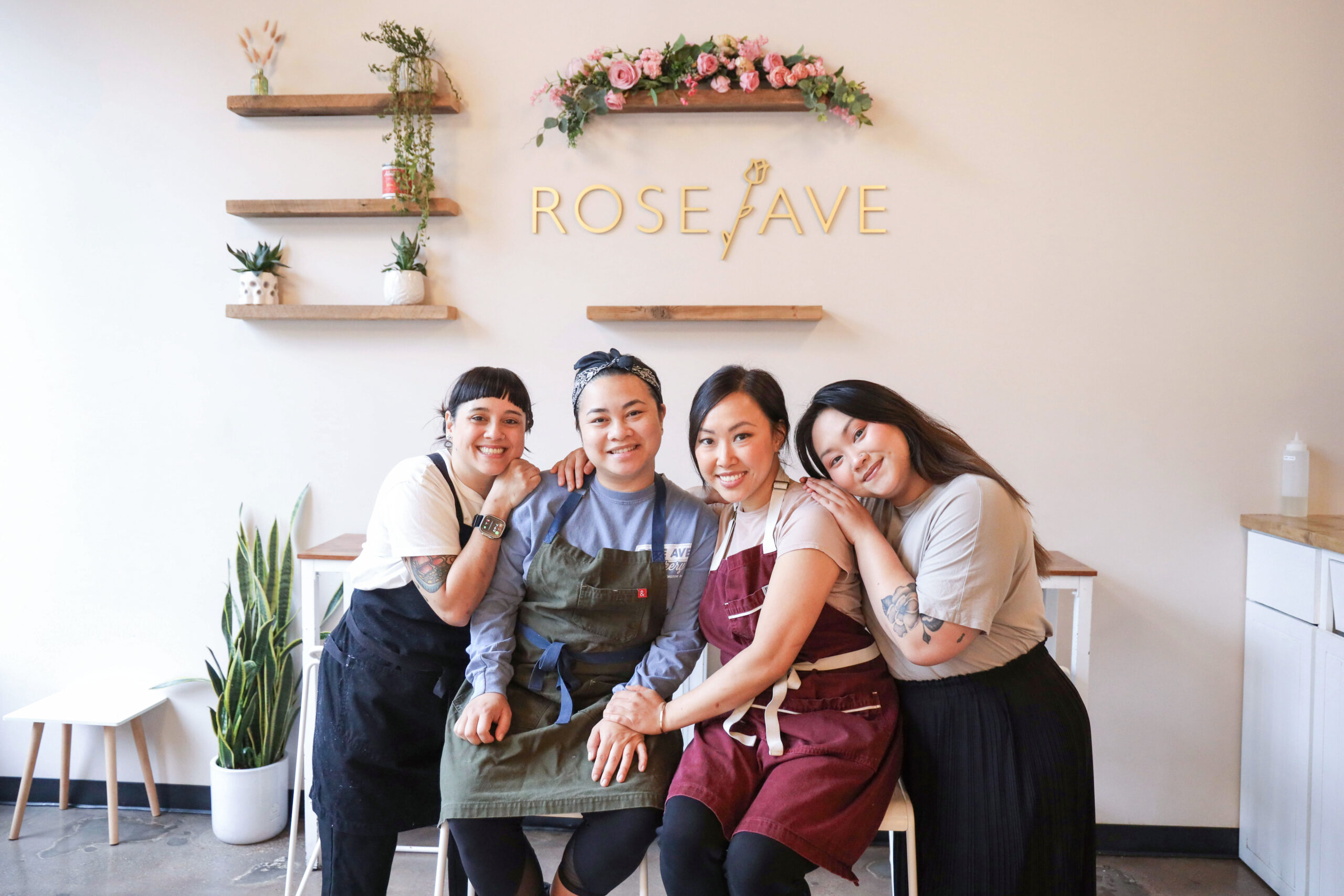
Rose Ave Bakery’s primary staff and the soul behind the bakery. From left, Tanya Buchan, Paula Wang, Rosie Nguyen, Christine Huynh. (Lily Speredelozzi for AAJA Voices)
Rosie Nguyen and Tanya Buchan arrive at Rose Ave Bakery at 3 a.m. Their quest: Prepare and perfect a total of 264 passion fruit, pandan and ube coconut doughnuts for the day.
Nguyen opens the gigantic freezer door and runs pastry trays to the ovens, where a strong scent of ube, matcha and warm mochi emanates.
Christine Huynh arrives at 7 a.m., an hour before the store opens, ready to greet an already long line of customers.
A 10-minute walk from the Smithsonian National Zoo, the bakery has become a spot where people crowd for flavors from black sesame doughnuts to spam musubi croissants.
“We’re sharing the message of our childhood, essentially,” Huynh said. “Things that maybe some people had to miss out on, because they didn’t have access to it.”
But as a self-taught nurse-turned-baker and the daughter of Vietnamese refugees, Nguyen has activated Rose Ave Bakery into more than just a pastry shop, with a slice of community activism and civic engagement seeking to define what it means to be a pan-Asian American bakery.

From left, Rebekka Baltzell, Tanya Buchan, and Rosie Nguyen finish morning pastries before the shop opens at 8 a.m. Buchan has perfected the baking of Rose Ave’s perfectly round doughnuts – about 264 every morning. (Lily Speredelozzi for AAJA Voices)
The Beginning
After working as a full-time nurse for over a decade, Nguyen established Rose Ave Bakery’s first location as a small pop-up among other vendors in the now-defunct The Block Foodhall in D.C.
“Nursing was a means of how to support myself, but I was always asking myself, what am I working towards?” Nguyen said.
After the Vietnam War, Nguyen’s family sought refuge in Rhode Island. From their U.S. sponsor who helped them adjust, Rosie’s parents named their daughter Rosie.
For Nguyen, her first name represents a “new name and new chapter,” a phrase that inspires her and her bakery, which features ingredients such as ube, scallion, mochi and matcha.
“What I make at Rose Ave is what I would crave at an Asian bakery but couldn’t get,” Nguyen said when asked what inspires the unique pastry flavors at the bakery. “I love traditional pastries and cultures, but that’s not how I think.”

Nguyen places circular containers around her scallion buns ready to be put in the oven. (Lily Speredelozzi for AAJA Voices)

Nguyen carefully pipes matcha filling onto croissants. (Lily Speredelozzi for AAJA Voices)
Building Character
“Initially, the brand was basically ‘me,’ and I’ve stepped away from it… Now it represents the Asian experience,” Nguyen said. “Why not use our talent to something that pushes our community forward?”
Having started Rose Ave Bakery at the start of the pandemic, Nguyen connected her shop with Chefs Stopping AAPI Hate, an organization in D.C. raising funds to fight against anti-Asian hate.
“I feel like chefs are not just chefs,” Nguyen said. “Chefs have become community leaders.”
A business can be the center of its community by creating a third space where people can gather, said Matthew Jarvis, associate professor of political science at California State University, Fullerton.
With 35,000 followers on Instagram, Rose Ave also partnered with other organizations such as The Trevor Project, which advocates for LGBTQ+ youth, Bakers Against Racism, and the AAPI Community Fund.
The bakery donated its profits from its popular spam musubi croissants to the Maui Mutual Aid during the 2023 wildfire, posted an Instagram reel to celebrate Women’s History Month and participated in fundraisers for Black Lives Matter.
Earlier this year, Rose Ave Bakery was invited to Vice President Kamala Harris’ “night market,” a celebration of more than 20 local D.C. Asian American-owned food businesses. Nguyen and her team knew their moral qualms were far more important than meeting a politician.
Less than a month before the night market was held, the Biden-Harris administration signed into law $14 billion of U.S. funding for Israel’s air defense capabilbities, according to the U.S. Department of Defense in April.
Nguyen and her team attended the night market, knowing they would soon see the Vice President of the United States.
The collective choice for Nguyen, Huynh, and Buchan was to wear Palestinian solidarity pins and emphasize solidarity.
“If Vietnamese Americans like my parents were allowed to seek refuge, why aren’t Palestinians allowed the same?,” Nguyen said. “I was very conflicted on choosing to go. But we did it knowing that we were going to do it for the community and donate for a cause that we believe in.”

Huynh, Buchan, and Nguyen show their support of Palestine by wearing pins of solidarity to Vice President Kamala Harris’ Asian American night market. (Courtesy of Rosie Nguyen)
Rose Ave Bakery donated its profits from the night market — $2,000 — to José Andrés’s World Central Kitchen – a charity delivering food to those living in Gaza.
For Rose Ave, using its platform to uplift other communities alongside its own is not risky, but rather a necessary step for it to build a meaningful and respected business.
“I work with very compassionate, and hardworking individuals who are leading the community, and doing a lot of other things outside of just their job,” Nguyen said.
Those behind the bakery hope other growing businesses become more outspoken and vocal for marginalized communities. When Nguyen founded Rose Ave, she knew there was more to the bakery than just selling pastries.
“As much as I respect tradition and appreciate those who embrace it, I want people to come to Rose Ave excited to try something new,” Nguyen said. “Open-mindedness is key — your taste buds will be happy.”
The staff at Rose Ave Bakery hopes to continue to be a home base for their community.
“If you can, if you have the capacity, then use the following and use your client channel and use the people that know about your brand,” Nguyen said. “Why not do good with it?”
Feature
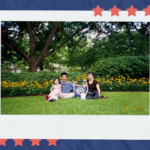


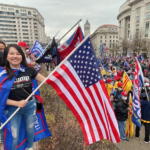
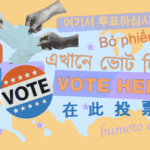
Austin 2024





Apply
Become a fellow or editor
Donate
Support our impact
Partner
Work with us as a brand
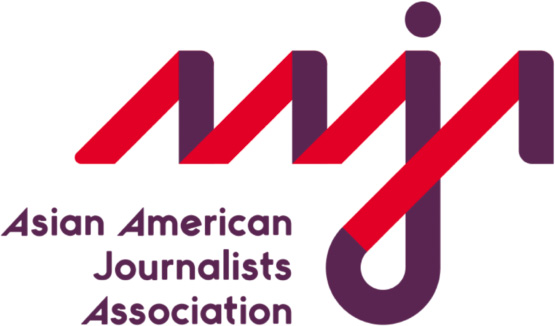
The Asian American Journalists Association (AAJA) is a membership nonprofit advancing diversity in newsrooms and ensuring fair and accurate coverage of communities of color. AAJA has more than 1,500 members across the United States and Asia.